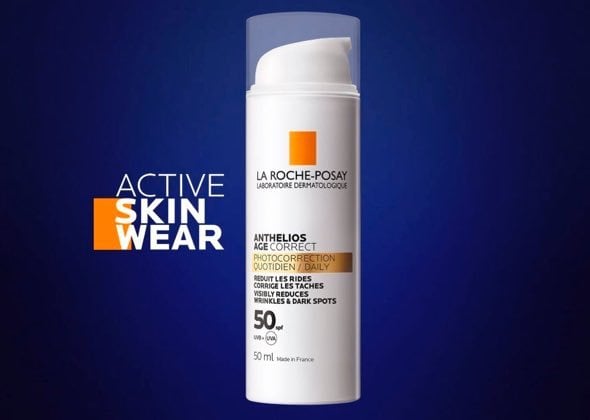HOW TO PREVENT
SENSITIVE SKIN
The dermatological causes of sensitive skin are an impaired surface barrier function plus hypersensitive nerve endings in the skin. Sensitive skin may also have an unbalanced “microbiome” - the population of friendly and less friendly bacteria that live on its surface.
"To prevent sensitive skin manifestations, your approach should be three-fold: - restore skin’s protective barrier - intensely soothe skin, and - rebalance the microbiome (don’t worry, we’ll tell you how)."
In this subsection, you’ll find in-depth information on the internal and external causes of sensitive skin, ranging from too-hot showers to the wrong cosmetics choices to spicy food and stress.
We also offer lifestyle tips on how to minimise sensitive reactions plus suitable skincare routines to reduce skin’s sensitivity day by day.
You’ll also learn how sensitive skin can truly impact wellbeing (and how to take action), and how sensitive skin varies at different times of life, by season and even the time of day.








